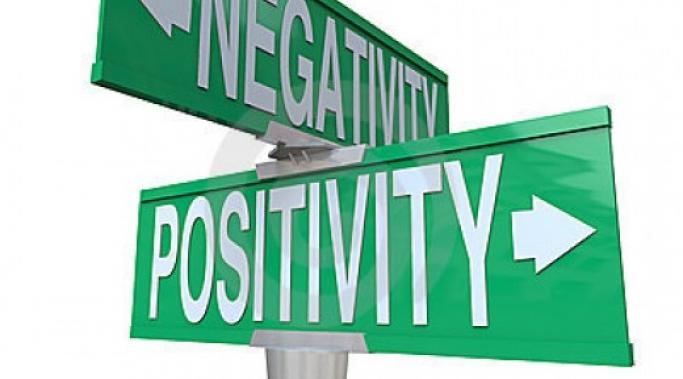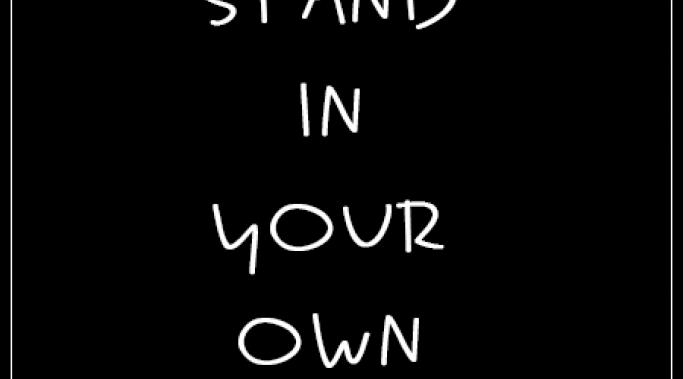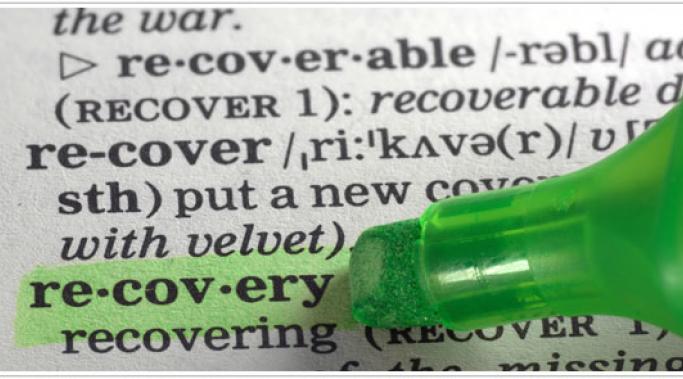Can adding mantras to your self-care routine help with your mental health recovery? For many, the answer is yes. Mantras help us change our thought processes. Changing our thoughts gives us the ability to become more resilient, to change the way our brain neurons fire and to choose to move forward. Science agrees. In a 2009 study, Italian physicians studied the effect on the cardiovascular system of reciting the Ave Maria, the rosary or a yogic mantra. The result: Prayer and mantras increased cardiovascular function when recited six times a minute.1
Mental Illness and Self-Care
Grief is a curious thing; especially when the mourner has a mental illness. My mother died a month ago today from a combination of COPD, heart failure, diabetes, brain and bone cancer. Her breast cancer had metastasized to every organ in her body. I found out via my aunt 5 days after her death. I wish that I could say that I was surprised, but my mother had chosen a hard life for years. The surprise was how quickly she died after the brain cancer diagnosis. She was diagnosed in May and given a year to live; she was dead in less than 3 months. My mother and I had what could best be described as an awkward relationship: abandonment as an infant, a lengthy court battle before my grandparents got guardianship and very limited contact throughout my life.
If there is one thing I can count on in my life it's October. Yes, it's obvious that October arrives each year, but when you live with a mental illness, months can represent moods. And that can be scary. That said, I want to focus this post on a conversation I had with a relative who lives with depression in the summer, and thrives in the winter.
Let's do the math: mental illness = positivity. Right? Well, usually not, but it works in our favor to try to find positive aspects when recovering from mental illness. I'm going to break this down into the three stages of recovery we all go through.
I remember the first time I was told I had bipolar disorder. I was twelve years old and confused. I was further baffled when my psychiatrist told me I would need to start taking psychiatric medication. I asked her what kind. I was certain that one pill--similar to the vitamins ground in my cereal each morning when I refused to swallow them--would be the same. I was told, in no uncertain terms, that it would be wonderful (!) if the first bipolar medication worked. Of course, it did not, and it does not for most of us.
When first diagnosed with a mental illness, our lives--and the lives of those closest to us--change drastically. Immediately. For lack of a better cliche: like night and day; black and white. We know, instinctively, that our lives will never be the same. But if we take positive steps to move forward in mental health recovery, our lives will become more manageable.
Recovering from the diagnosis of mental illness is hard enough, but we often--conscious or not--self-sabotage our mental health recovery. This blog will attempt to explain why we may do this and, well, how we can focus on recovery without making the process any more difficult.
First, let me state the obvious: When you are diagnosed with a mental illness everything is difficult. That being said, I believe there are certain things, feelings and experiences, that are probably more difficult then, say, making sure you eat lunch. I want to narrow it down to five because those of us living with a mental illness know that we could compile a book the size of a dictionary if we wanted too. I'm pretty sure we wouldn't want to do that, right?
A toolbox of creative coping skills can make mental illness recovery easier. It used to be that when I pictured a toolbox, two images come to mind: My toolbox full of art supplies which is used often and the toolbox sitting in storage. It contains hammers and nails and other strange things. But now I think of a toolbox in a new way. A toolbox of creative coping skills is a collection of ideas that we can use to combat, and learn to live with, mental illness.
When you live with a mental illness you understand depression. You know how much depression hurts, the damage it can cause, and the fear that results from it. But it can be hard to distinguish a state of sadness from that of depression. And it be scary not knowing if you may be experiencing a depression relapse or, with any luck, just feeling plain sad.









